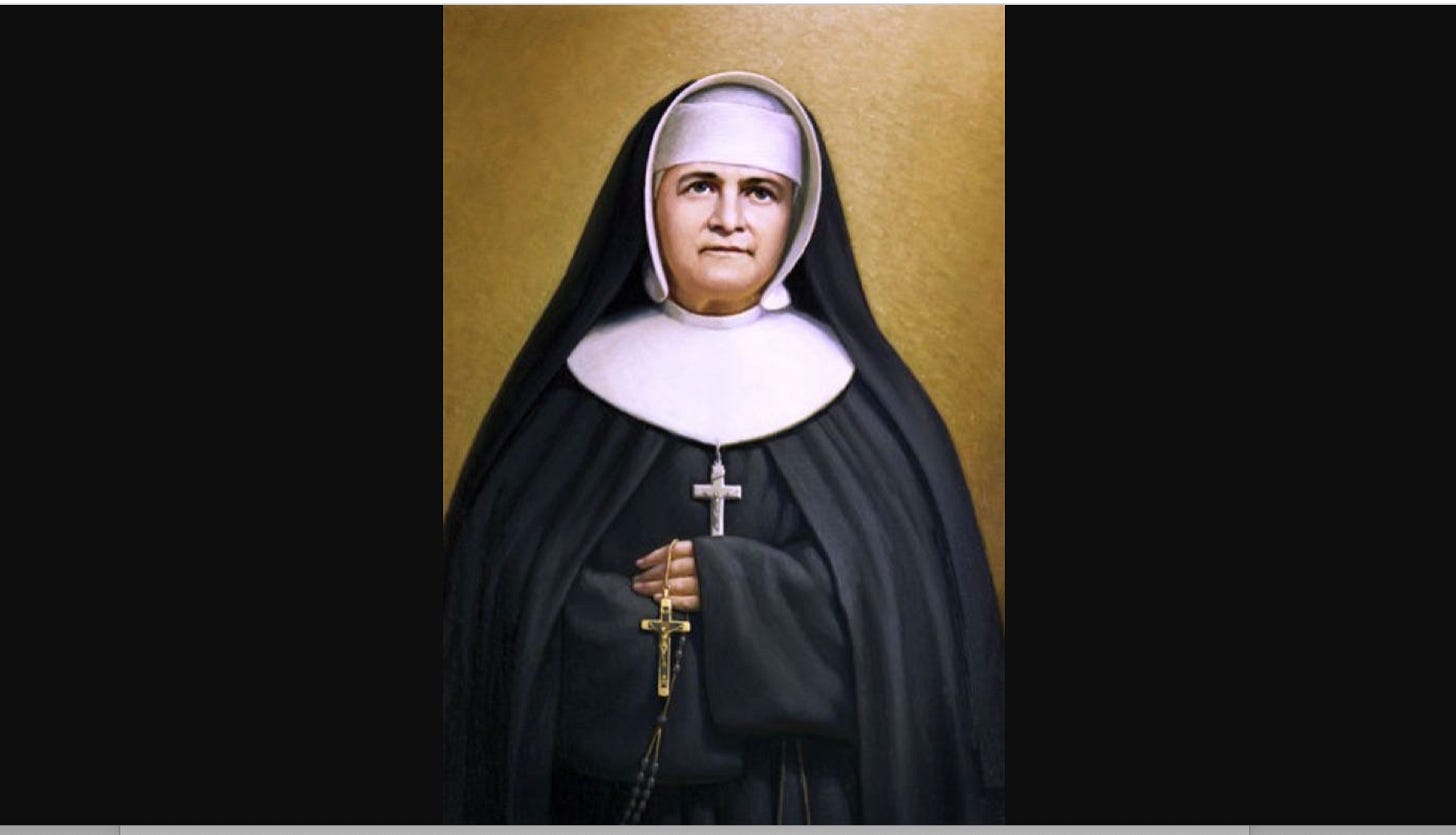Who are the new saints to be canonized this weekend?
The soon-to-be-saints include priests, religious sisters, and married men.
Pope Francis will canonize 14 news saints on Sunday, including three founders of religious orders and 11 martyrs who were killed in Damascus in 1860.
The soon-to-be-saints all lived in the 1800s. Their lives spanned three continents, and they include priests, religious sisters, and married men.

